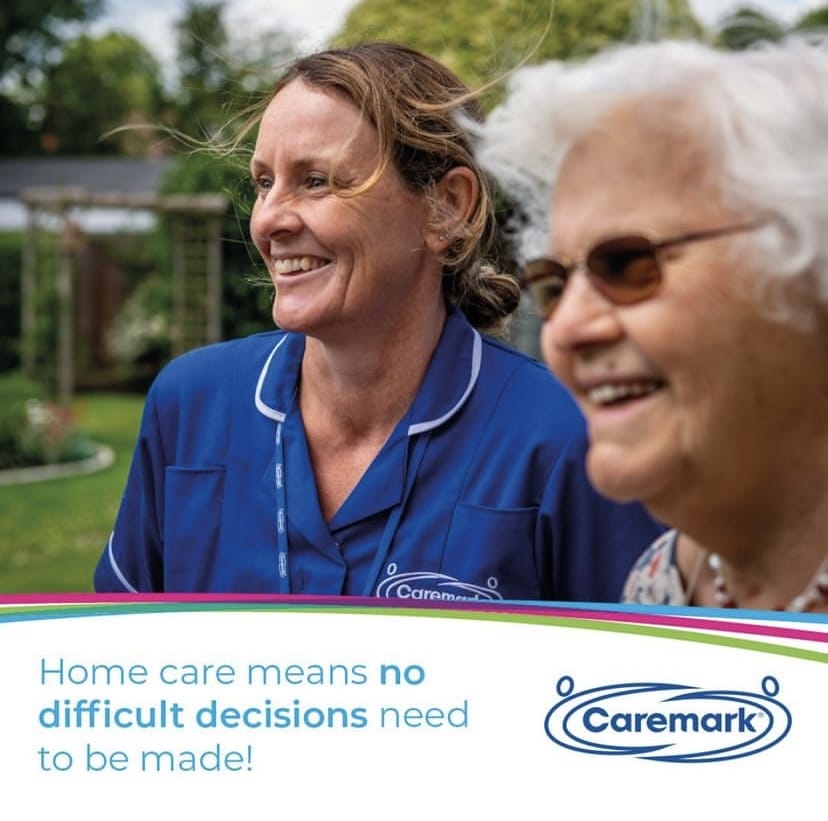How to Manage “Sundowning”
Sundowning and Dementia
When you are with someone who has Alzheimer’s disease, you may notice big changes in
how they act in the late afternoon or early evening. Doctors call it sundowning, or sundown
syndrome.
Fading light seems to be the trigger. The symptoms can get worse as the night goes on and
usually get better by morning.
Although you may not be able to stop it completely, you can take steps to help manage this
challenging time of day so you both sleep better and are less tired during the day.
Symptoms
When someone is sundowning, they may be:
- Agitated (upset or anxious)
- Restless
- Irritable
- Confused
- Disoriented
- Demanding
- Suspicious
- Yell
- Pace
- Hear or see things that aren’t there
- Have mood swings
Up to 1 out of 5 people with Alzheimer’s get sundown syndrome. But it can also happen to older people who don’t have dementia.
Causes
Doctors aren’t sure why sundowning happens.
Some scientists think that changes in the brain of someone with dementia might affect their inner “body clock.” The area of the brain that signals when you’re awake or asleep breaks down in people with Alzheimer’s. That could cause sundowning.
It may be more likely if your loved one is:
- Very tired
- Hungry or thirsty
- Depressed
- In pain
- Bored
- Having sleep problems
What happens around someone can also set off sundowning symptoms. Some triggers are:
Less light and more shadows in the house. This can cause confusion and fear.
Trouble separating dreams from reality. This can be disorienting.
• Less light and more shadows in the house. This can cause confusion and fear.
• Trouble separating dreams from reality. This can be disorienting.
Keep a daily routine.
Set regular times for waking up, meals, and going to sleep. Try to schedule their appointments, outings, visits, and bath time in the earlier part of the day, when they are likely to feel their best.
Limit or avoid things that affect sleep.
- Reduce or try and encourage your loved one to stop smoking or drinking alcohol.
- Make sure if they have sweets and caffeine that they just do it in the morning, look at decaffeinated Tea & Coffee.
- Make a big lunch, and keep their evening meal smaller and simple.
Avoid letting your loved one nap or exercise later than 4 hours before bedtime. If they absolutely need to nap, try to keep it brief and early in the day.
Keep things calm in the evening.
- Close curtains and blinds and turn on lights. Darkness and shadows can cause them to become more upset.
- Fix the room temperature so they’re comfortable.
- Tell other family members or visitors not to make too much noise.
- Put on relaxing music, read, play cards, or go for a walk to wind down.
